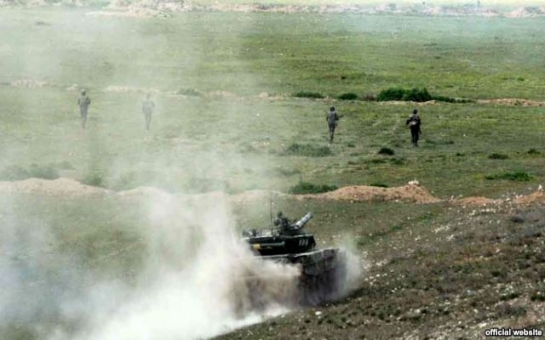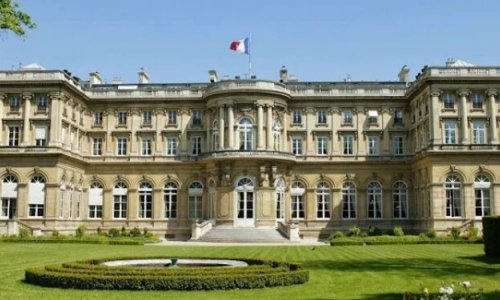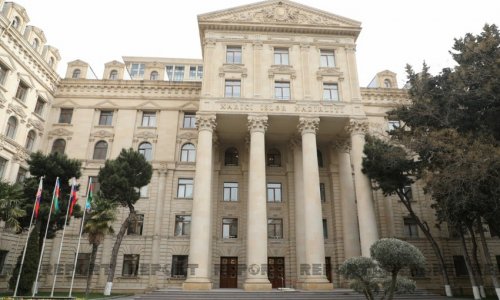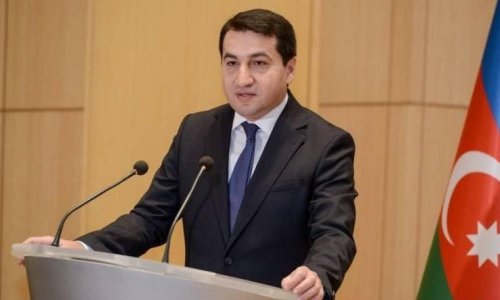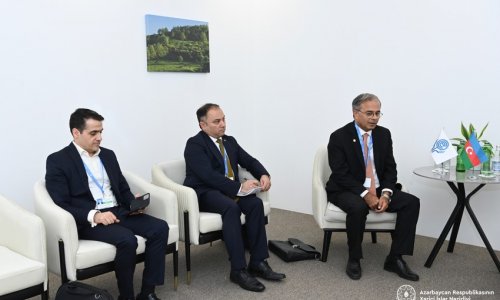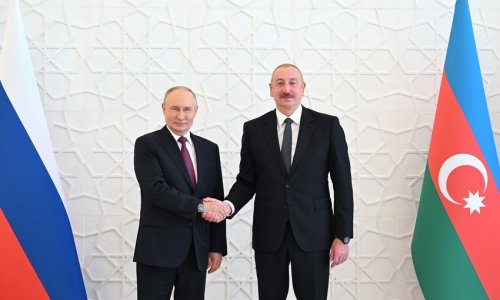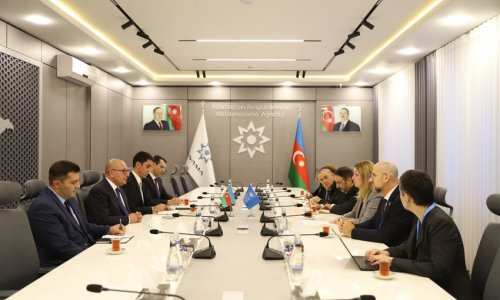(RFE/RL) - The armed forces of Armenia and Nagorno-Karabakh have been engaged in large-scale military exercises these days, a Defense Ministry spokesman in Yerevan confirmed on Thursday.
Artsrun Hovhannisian told RFE/RL’s Armenian Service (Azatutyun.am) that the drills are a scheduled arrangement. “From year to year these drills become more upgraded in terms of their nature, depth and professional features in accordance with the requirements of the time,” he said.
The Defense Ministry official described the military exercises as “multifaceted and diverse”, saying that they involved both current armed forces and reserves.
“The goal of any exercises is to raise the combat readiness of the armed forces,” Hovhannisian added.
The official representative neither confirmed nor denied media reports about assemblies of reservists, adding that the reserve force is also part of the armed forces. However, he did not link the drills to the current situation at the Armenian border with Azerbaijan. According to him, the situation at the borders is relatively calm today.
Azerbaijan, too, regularly holds large-scale military exercises along the Line of Contact with Armenian troops. It has repeatedly threatened to use military force to regain control of the region that broke free from Baku’s rule as a result of hostilities in the early 1990s. Authorities in Baku, at the same time, have also expressed their hope to settle the dispute diplomatically through internationally mediated talks with Armenia.
In early August, Armenia and Azerbaijan appeared to be on the brink of renewed hostilities amid an unprecedented escalation of violence in the conflict zone. The sides blamed each other for skirmishes and commando raids in which at least two dozen servicemen were killed.
Relative calm was restored after a Russia-mediated meeting between the Armenian and Azerbaijani presidents, Serzh Sarkisian and Ilham Aliyev.
The two leaders last met with the mediation of French President Francois Hollande on October 27. At the Paris talks the parties were urged to show ‘political will’ to overcome their differences and prepare their peoples for peace.

